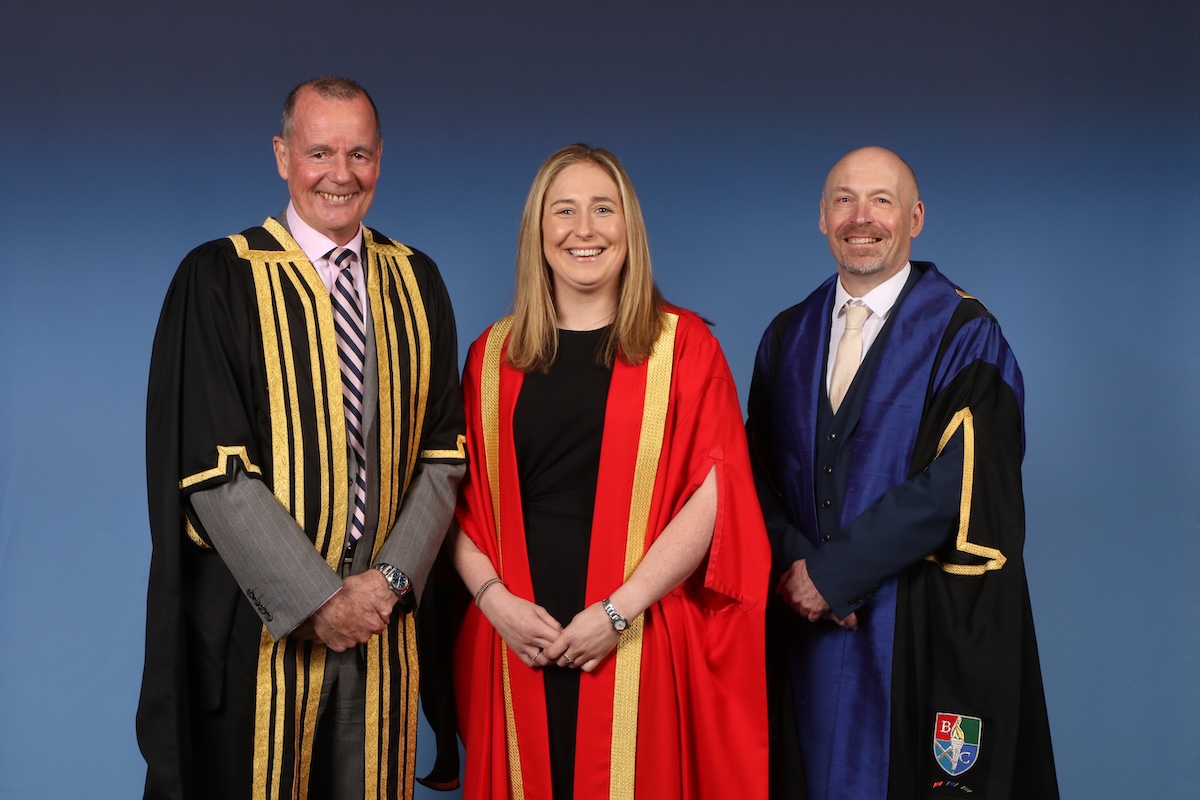Student loan crisis as interests rise, maths students fare the worst

University is an enriching experience, but one which can come at a huge financial cost. And with the recent announcement of student loan interest rates hitting 12%, which students could suffer the most?
To find out, money.co.uk has calculated which university degree leads to graduates accruing the most student loan debt over time.
University degrees accruing most student debt
| University degrees which accrue most student loan debt | ||
| Rank | University degree | Accrued student loan debt |
| 1. | Mathematical sciences | £818,907 |
| =2. | Pharmacology, toxicology and pharmacy | £818,820 |
| =2. | Architecture, building and planning | £818,820 |
| 4. | Physics and astronomy | £818,777 |
| 5. | Engineering | £813,113 |
| Source: Money.co.uk – accrued debt at end of 30-year repayment term (England) |
For the full dataset and results for 34 analysed university degrees, please click here.
Money.co.uk found that mathematical sciences graduates will accumulate the most student loan debt over the course of their working lives. At the end of their 30-year repayment term, they will have an estimated outstanding sum of £818,907 in student loan debt.
In joint second place are graduates with a degree in pharmacology, toxicology, and pharmacy, and architecture, building and planning. £818,820 is the approximate amount these graduates will accrue in student loan debt over 30 years.
Physics and astronomy are in fourth place. Those who complete a degree in this discipline will generate an estimated student loan debt of £818,777.
University degrees accruing least student debt
| University degrees which accrue least student loan debt | ||
| Rank | University degree | Accrued student loan debt |
| 1. | Medicine and dentistry | £529,257 |
| =2. | Creative arts and design | £676,649 |
| =2. | Performing arts | £676,649 |
| 4. | English studies | £712,000 |
| 5. | Media, journalism and communications | £719,139 |
| Source: Money.co.uk – accrued debt at end of 30-year repayment term (England) |
Money.co.uk found that medicine and dentistry graduates will amass the lowest student loan debt. Med and dentistry graduates will have an estimated outstanding sum of £529,257 in student loan debt at the conclusion of their 30-year repayment period.
Salman Haqqi, personal finance expert at money.co.uk, commented on the research:
“University can be a valuable environment for improving an individual’s academic credentials as well as their personal development. But like any worthwhile experience, it does come at a cost. For graduates thinking about how they can repay their student loan quicker, here are some tips:
-> Biweekly payments – If you have received a pay rise recently, have more than one income stream or have a healthy surplus in disposable income, then you can choose to make biweekly payments. With biweekly payments, you will have made 26 payments by the end of the year, which translates to 13 monthly payments rather than 12
-> Cashback helps – If you regularly shop online, use cashback sites such as ‘Quidco‘ and ‘Topcashback‘ to get some ‘free’ money back on your online purchases. The yearly cashback accumulated can be used to pay off some of your student loan debt
-> Ask for a pay rise – If you feel you are being underpaid in your current job, given your skills and results, you should request a pay rise. Speak to your employer and suggest what someone with your credentials is worth in today’s job market using industry-backed research. At the end of the day, the more you earn, the more of your student loan debt you can pay off.
Methodology:
- Money.co.uk scraped renowned job portals ‘Reed.co.uk’ and ‘CV-Library’ to gather the latest data on average starting salaries for graduate job listings related to the most popular degrees.
- A range of UK university degrees were collated from ‘Britishuni’ and information from ‘Prospects’ was used to correctly categorise the university degrees into the appropriate job sectors.
- The job listings collated excludes those with senior positions (PhD, ‘senior’ in job title etc.) and therefore, the resulting sample contained predominantly 112,000 graduate-level job listings.
- The sample of job listings was then aggregated by degree and a median salary was calculated. Where salaries were provided in bands, the average value was extracted.
- Money.co.uk then utilised data from ‘Student Loans Company‘ to establish the average initial 2020 – 2021 student loans balances (inclusive of maintenance fees) alongside collating data from ‘Office of National Statistics (ONS)‘ on 2001 – 2021 median annual salary growth (2.8%).
- A reputable student loans repayment calculator was then used to estimate the total repayments, ending balance, and the final year of repayment for each degree based on the average starting salary, initial student loan balance and average annual salary growth rates.
- The final results were ranked based on the ‘ending balance’ for each university degree type/category before the final sum that will be written off at the end of the student loan repayment term, starting from the year 2020 and in most cases, repayment term ending at 2050 (the maximum 30-year repayment period). Any regional figures collated for the research were estimates.
- The data presented in this research is representative of degrees obtained from England.
- Original data for the research was collated at the start of February 2022, meaning it was prior to the UK Government’s proposed changes to the higher education system, announced on 24th February 2022.
- This data was then updated with the new proposed 12% student loan interest rate increase on 15/04/22.
- The new updated data is calculated on the assumption of the current RPI rate remaining at 9%.











Responses